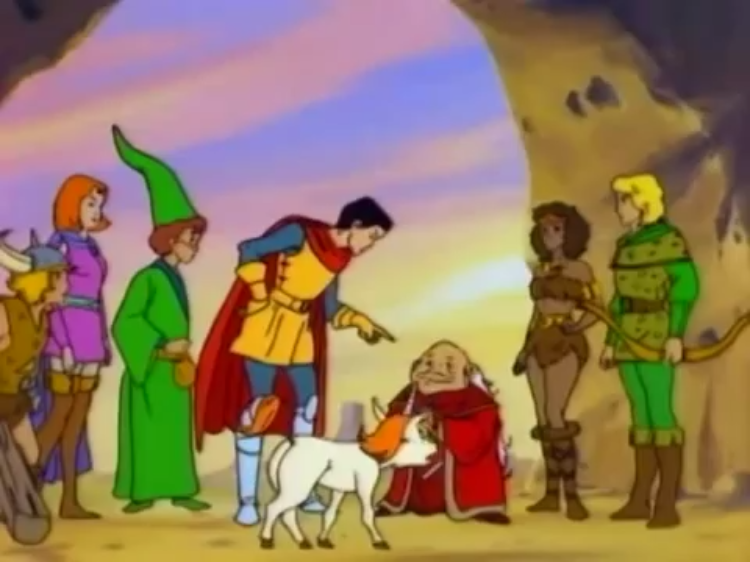The systems
Baldur’s Gate uses a the “real-time with pause” combat system — all the dice rolls are happening, and you can pause the action to do your next moves (or even adjust your settings to where it’s almost a turn-based RPG). Larian’s last two RPGs — the Divinity: Original Sin games — use turn-based combat.
I asked if Baldur’s Gate III would have turn-based or real-time-with-pause combat.
“This is one of those interviews where we’ll be saying ‘We’re not talking about that yet’ a lot,” Vincke said. “When it comes to the combat system, we prefer to show it to people rather than talk about it. That will hammer it home. But it will still be some time before we actually show it.”
The last game from the studio with real-time action was Divinty: Dragon Commander from 2013 … and that’s a real-time strategy affair. The earlier Divinity action-RPGs have real-time combat as well. Vincke laughed when I asked when was the last real-time game from Larian, recalling Dragon Commander.
I also asked if Baldur’s Gate III would be a faithful adaptation of the 5th edition rules, as the series’ other games are for 2nd Edition (and Neverwinter Nights is for 3rd Edition).
2015’s Sword Coast Legends (the most recent single-player D&D PC game) replaced spell slots, feats, and other abilities with skill trees, and it suffered for it.
“
We started with a very rigorous port of the ruleset. Then we started looking at what worked and what didn’t work. Because obviously, it’s a video game, so not everything translates very well. We modified where it made sense to start modifying,” Vincke said.
One of the modifications: Misses from dice rolls. “
The very obvious one would be that you tend to miss a lot when you roll the dice, which is fine when you’re playing on the tabletop, but it’s not so cool when you’re playing a video game,” Vincke said. “We had to have solutions for that.”
He wouldn’t comment if it would come with a game master mode, as Divinity: Original Sin II does.
One of the best features of the Original Sin games is how different elements and terrain interact in combat. If water’s on the ground, you can cast an electricity spell to create an area-of-effect damaging effect on the puddle. Vincke said Larian is trying to do this.
“I have an example I use for this. When you play a tabletop game, often at some point the Dungeon Master is going to [ask] you, ‘What do you do?’ Video games in general are limited in what you can do. Our ambition is to make it as broad as possible, what you can do. This is literally one of the very big focuses of making the game,” Vincke said. “When it comes to combat, when you’re playing tabletop, you’ll look around you, see what’s in the environment, and try to use it. We’re putting a heavy focus on that.”
Baldur’s Gate III will not use the same game engine as the Original Sin series. “We’ve been in development on this game for several years already. It’s not the same engine as those two, but it is our own engine. It’s built on the technology that we already have,” Vincke said.



















